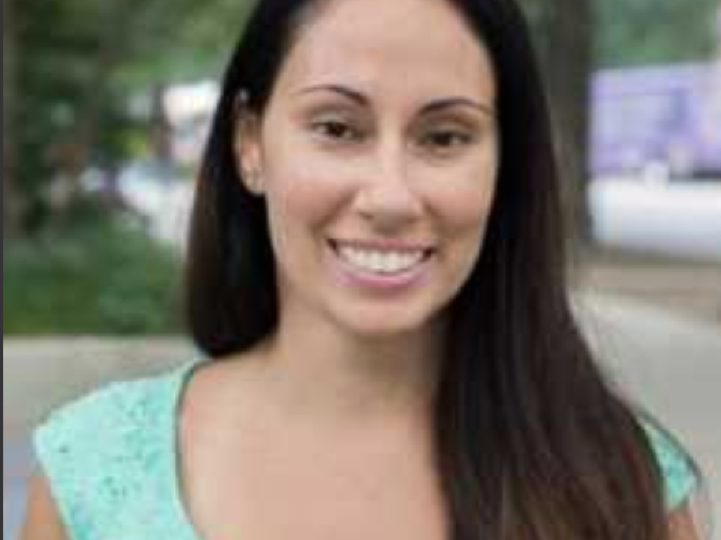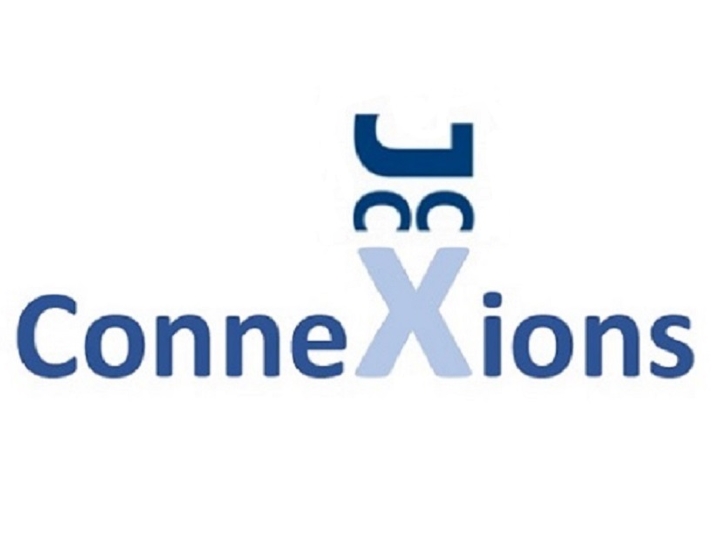Interfaith Leadership: A Commitment to Religious Pluralism and Diverse Worldviews
November 5, 2019
 In our religiously polarized country, Interfaith Youth Core (IFYC) continues to create partnerships with colleges and universities to develop strategic plans, courses, trainings, and programmatic initiatives. The aim of these intitiatives is to engage religion, spirituality, and secularism, across vastly different lines, called a chasm by some. I am an interfaith leader, and this is the work I am deeply involved in and committed to. I am a part of an organization who strives in partnership with higher education to create a world where interfaith cooperation is a social norm.
In our religiously polarized country, Interfaith Youth Core (IFYC) continues to create partnerships with colleges and universities to develop strategic plans, courses, trainings, and programmatic initiatives. The aim of these intitiatives is to engage religion, spirituality, and secularism, across vastly different lines, called a chasm by some. I am an interfaith leader, and this is the work I am deeply involved in and committed to. I am a part of an organization who strives in partnership with higher education to create a world where interfaith cooperation is a social norm.
Unique Context
Higher education, and US college campuses and universities specifically provide a unique context for engaging religious diversity that allow us to ideate, create, and reflect the possibilities of the broader American life. Interfaith work is complex and yet necessary, especially in today’s world where we are disinclined to engage with anyone who doesn’t look, sound, or believe like we do.
Spending Our Time
We spend most of our time with people who believe what we believe, grew up similarly, whose educational backgrounds match our own, and who attend the same church, temple, synagogue, gurdwara or mosque. Less than 45% of Americans personally know a Muslim, Hindu or Buddhist, and as PRRI published in American Democracy in Crisis: The Fate of Pluralism in a Divided Nation, we interact even less with individuals who do not share our same religious, spiritual, or secular beliefs as we get older, and yet we live in the most religiously diverse democracy in the world.
For example, around the end of November in the US, my colleagues and I receive guides, emails, and tips on how to engage and prepare for a sit-down family gathering and meal. I receive a “top 10 list” on how to navigate a scheduled two-three-hour meal with my family and friends. If I need this for people I know intimately, what will I then need to engage with a total stranger? What type of guide will I need to navigate a conversation with someone I’ve never encountered before and who believes different things from what I believe?
Building Relationships
Building mutually inspiring relationships across lines of religious difference has a significant impact on our lives, including when we occupy civic spaces such as educational and governmental institutions. Engaging across lines of difference helps minimize prejudice, increase understanding, create social cohesion, as well as build a binding public narrative that can hold us together when there is fear and confusion.
In fact, recent findings from the Interfaith Diversity Experiences and Attitudes Longitudinal Survey (IDEALS) Friendships Matter Report, reveal first-year students who have interworldview friendships have significant increases in appreciative attitudes, a positive outlook and a sense of commonality with people of certain worldview identities, including openness toward worldviews of friends and others in general. In many cases, increases in the percentage of students who had highly appreciative attitudes toward other worldviews as much as doubled for students who gained a close friend of a different worldview. These interworldview friendships assist in altering stereotypes and reducing prejudice.
Interfaith Leadership Institute
This, and more, is the work I am enthusiastically engaged in, and what we strive for at IFYC. As you can imagine, the work of engaging religious diversity, increasing religious literacy, and seeking interfaith cooperation can be endless, tiring, and all the more crucial. One of the ways IFYC rejuvenates and reconnects with this purpose is preparing and executing the Interfaith Leadership Institute (ILI). The ILI is a gathering of students, faculty, and staff interested in partnering to create an America where we respect and appreciate each other’s religious, spiritual, and secular differences, build mutually inspiring relationships, commit to engaging in common action around issues of shared social concern, and build an Interfaith America.
Summer 2019 in Chicago was vibrant! The city of Chicago and IFYC hosted its largest ILI so far. We hosted over 500 participants (313 students and 187 educators) from 165 campuses from all over the US (46 public, 39 secular, 58 Christian, and 28 Catholic, 8 Historically Black College and Universities, 13 Hispanic Serving Institutions, and 8 Council for Christian College and Universities).
It was spectacular! The weekend was full of learning, engagement, questions, and action. As for me, I specifically trained educators in Facilitating Interfaith Workshops, focused on exploring key considerations for developing interfaith workshops on specific campuses and developing best practices for these types of facilitation. There were 37 participants engaged in interfaith literacy and leadership, facilitation skills development, and crafting one’s interfaith narrative in the session I led. Outside the session there were intentional and supplemental spaces created to engage religious pluralism and to seek interfaith cooperation including plenaries, cohort convenings, unconference opportunities, and interfaith programmatic highlights.
I am honored and humbled, each year, to serve in the role of trainer at the ILI. I come away spiritually filled, academically stimulated, and stretched in thoughts as this space allows me the opportunity to connect with provosts, chaplains, counselors, faculty, and staff invested in interfaith endeavors and committed to full participation of individuals of diverse worldviews. The attendees I train are genuine in wanting to make an impact on their college campuses, personal lives, and communities.
It is the perfect space for students and educators with a commitment to American religious pluralism, the positive engagement with another worldview leading to a common action for the social good, to come together. Colleagues who have become friends learn to bridge divides and forge relationships across lines of religious and worldview differences, leaving equipped to strengthen their campus’s ecosystem and joining IFYC in creating a world where interfaith cooperation is a social norm.
I hope you will join me next year at Interfaith Youth Core's Interfaith Leadership Institute
